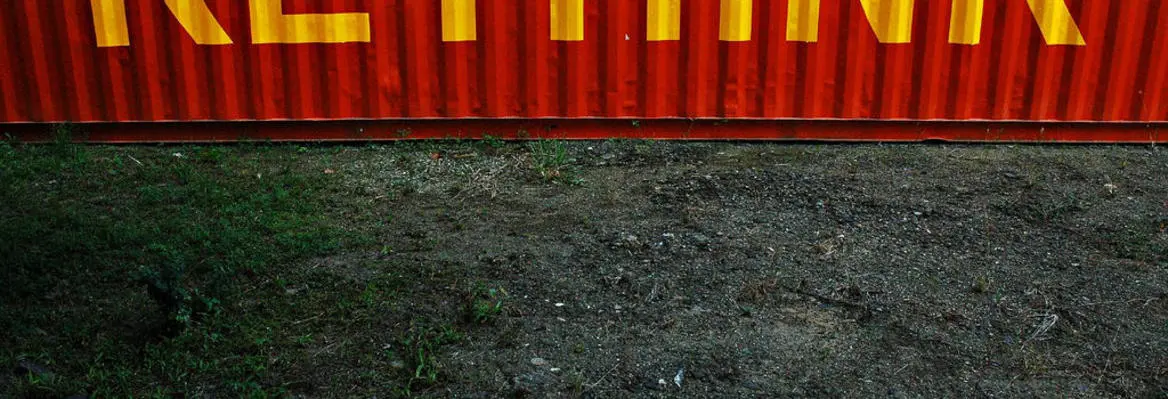The whole world needs re-thinking from first principles – and the point of my latest book, Why Genes are Not Selfish and People are Nice, is to set the ball rolling.
Alas, it’s all too easy to list the things that have gone wrong. A billion people are chronically undernourished out of the total population of 7 billion. A billion more suffer from diseases of excess – including a world population of diabetics that is twice the size of Russia’s population. A billion live in urban slums – almost one in three of all who now live in cities. Half our fellow species are in imminent danger of extinction. All ecosystems are under threat, from woods and meadows to the oceans. The climate is de-stabilised. All in all, we are sliding headlong to Armageddon. The problem that obsesses governments and their selected advisers – the collapse of the neoliberal economy – is the least important, although the fact that they don’t see that the neoliberal party is over and are still trying to prop it up, at our expense, is a further sign of the inadequacy, the absolute unfitness for purpose, of the world’s present leadership.
In fact we can summarise what needs doing in a simple diagram: all the problems of the world in eight balloons.
The top two balloons spell out what, I suggest, we should be trying to achieve – which is what, I believe, most people want: convivial societies within a flourishing biosphere. Peace; amity; justice; comfortable cities; trees, with birds in them; clear rivers; wild forests. Today’s governments rarely spell out what they are trying to achieve, although they did in the past. Now they tell us only that we must “compete” in the global market to achieve “economic growth”, though without specifying what the growth is for or bothering too much how it is achieved. Meanwhile, although we are told that Britain is now more affluent than ever, almost a million of us have resorted to food banks in the past couple of years and more than one in five earns less than a living wage, which presumably means they are sliding towards destitution. Never mind, though. We have more billionaires than ever.
But we can’t create a convivial and flourishing world unless we do the right things. Appropriate action is what really counts. I could have written “Action” in the next balloon down but it seems to me that agriculture is the thing that is most important to get right. If we do, then all good things are possible, and if we don’t, the world is wrecked – as present-day industrial agriculture is now demonstrating. Specifically we need “Enlightened Agriculture” – “farming that is expressly designed to provide everyone, everywhere with food of the highest standard without wrecking the rest of the world”. Technically that should be easy, despite what we are told from those with vested interests. The present strategy, imposed from on high, threatens to kill us all.
Which brings us to the next two balloons: the kind of economy and the kind of governance we need to support the kind of farming (and everything else) that we need to provide the kind of world we need and want.















Join the conversation